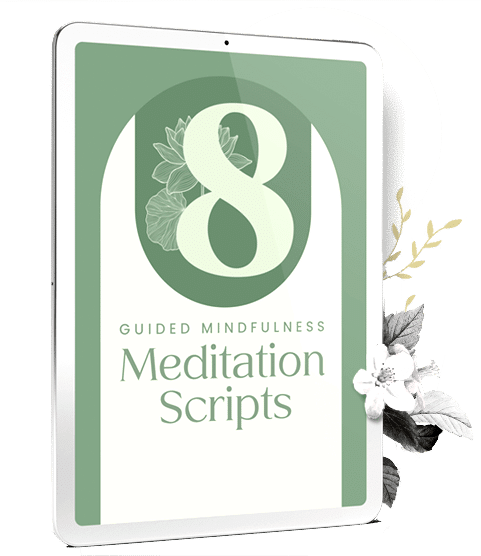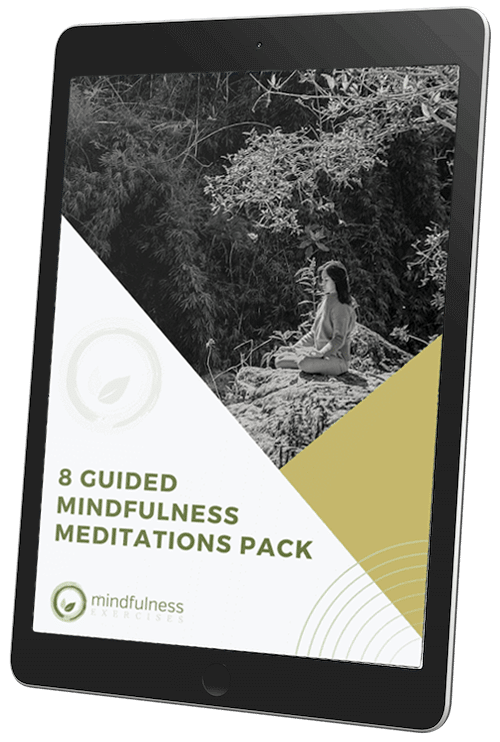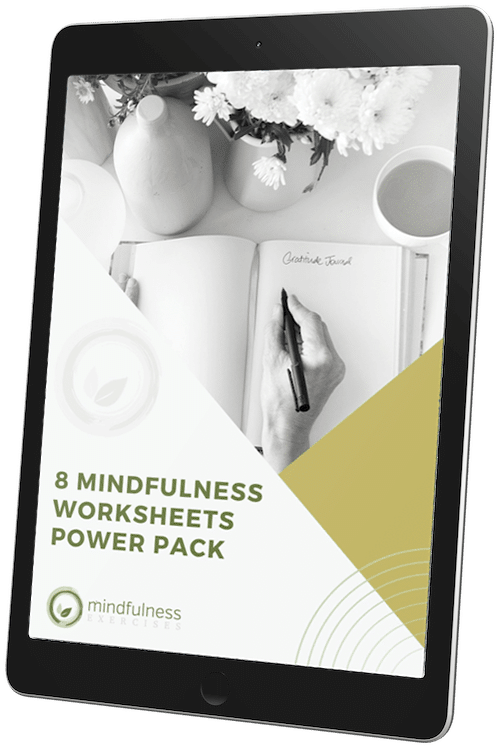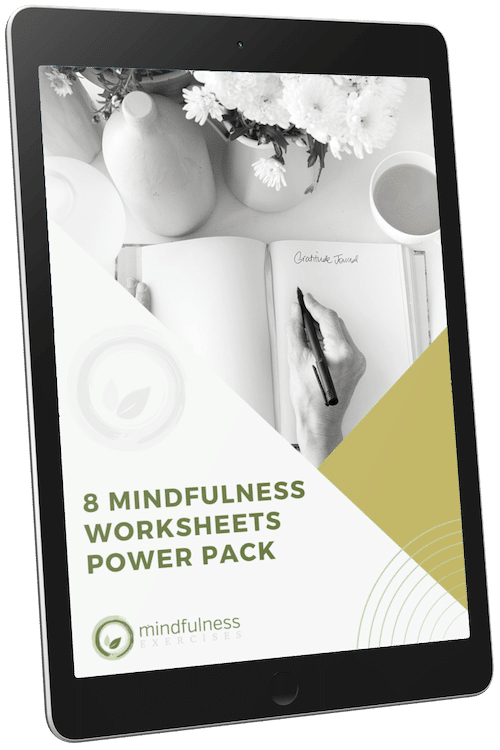Interest in mindfulness has grown exponentially in recent years. As the world seems to be growing more complicated, concerning, and fast-paced, many of us are feeling the call to come back to presence and inner ease. With this yearning in mind, the question then is:
Do mindfulness activities really work?

The Benefits of Mindfulness Exercises
To understand if mindfulness indeed works, we need to consider what our goals are. Does it work to do what exactly? Many of us turn to mindfulness for things like stress-reduction, pain relief, and anxiety management, so what does science say about mindfulness in these domains?
In recent years, science has really delved into how mindfulness impacts various measures of well-being. Some of the findings indicate that:
These findings reflect just a very small fraction of all the studies indicating that mindfulness helps to increase well-being on numerous fronts. So do mindfulness activities really work? The data (in addition to the lived experience of many) indicates that yes, mindfulness offers a range of benefits.

“When we can be centered in ourselves, even for brief periods of time in the face of the pull of the outer world, not having to look elsewhere for something to fill us up or make us happy, we can be at home wherever we find ourselves, at peace with things as they are, moment by moment.”
- Jon Kabat-Zinn-
How Do Mindfulness Activities Work?
But how does mindfulness even work? What makes it so effective? Science is still uncovering the many intricate mechanisms within the human mind and body that makes this ancient practice so beneficial. Some of what scientists are finding indicates that:
Now, mindfulness not only influences our own lives; it touches all those around us. Many people who practice mindfulness find that it also works to improve communication in relationships and enhances the wellbeing of others. When we enhance our ability to witness our own thoughts and feelings with compassion and non-judgment, we are better able to offer that curiosity and openness to others. In this way, mindfulness works through a ripple effect, positively impacting others through our own capacity for presence and compassion.

5 Mindfulness Activities to Try
The benefits of mindfulness reveal themselves over time. Mindfulness is not a quick-fix to any challenges we are experiencing and yet the results of this practice are deep and sustainable. If you’re new to mindfulness, consider some of the following practices. If you’re an intermediate or experienced practitioner, let these be a reminder of the power of the simplest of exercises.
1. 5-Minute Mindful Breathing
Take five minute breaks throughout your day to practice simple mindful breathing. Find a comfortable place to rest, close your eyes, and mind the gentle ebb and flow of each breath. This is a great practice to soften the mind and ease any feelings of stress or anxiety we might be experiencing.
2. Basic Body Scan
If the breath isn’t the anchor you’d like to work with, consider tending to your physical body with compassionate awareness. Body scans can be helpful for easing pain, as well as for noticing where emotions reside in the body.
Read our guide on how to deepen awareness with body scans
3. Loving-Kindness Meditation
If you would like to open your heart to a compassion practice, consider the Buddhist metta meditation – or loving kindness meditation. This practice helps us to reconnect with our shared humanity and offer well wishes to others.
Listen to this guided loving-kindness practice by Sharon Salzberg:
4. Mindful Nature Walk
Another great (less formal) mindfulness practice is a mindful nature walk. Take yourself to a natural environment near to where you live and open your senses to the experience. Continue to come back to the ‘now’ by observing the wonder around you.
Check out our guide on how to practice mindfulness in nature.
5. Just Like Me Meditation
Lastly, the Just Like Me meditation is a beautiful practice that reminds of our innate interconnectedness with others. Explore this with tenderness and compassion, grounding yourself in that loving center within your chest.
Listen to this 10-minute Just Like Me meditation guided by Sean Fargo:
Key Takeaways
i https://psycnet.apa.org/doiLanding?doi=10.1037%2Fa0018555
ii https://link.springer.com/article/10.1007/s10865-007-9130-7
iii https://www.jneurosci.org/content/31/14/5540.short
iv https://www.pnas.org/content/116/9/3488.short
v https://link.springer.com/article/10.1007%2Fs10942-007-0059-0
vi https://onlinelibrary.wiley.com/doi/abs/10.1111/bjop.12338
vii https://www.sciencedirect.com/science/article/abs/pii/S0005796705002743Explore our free ‘Mindfulness Meditations for Kids’ course







